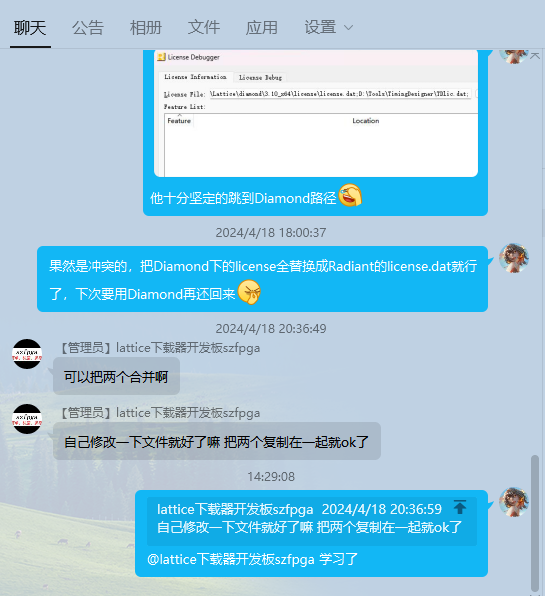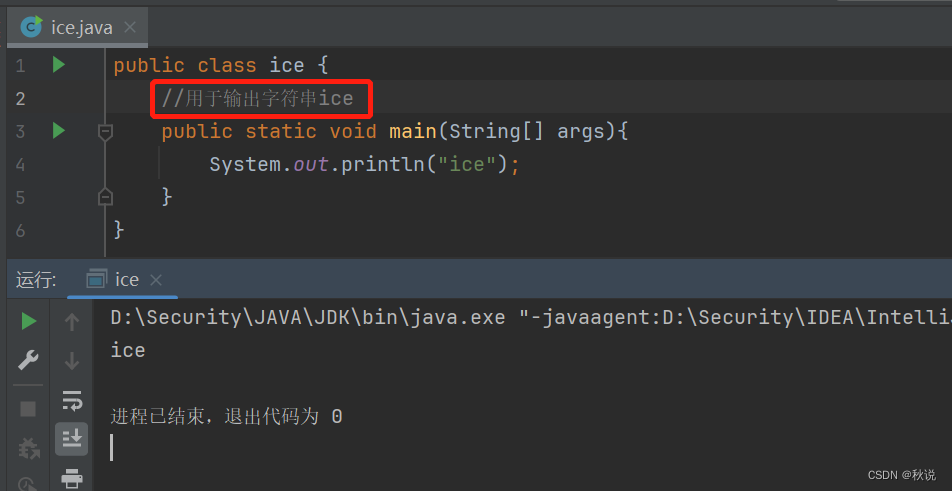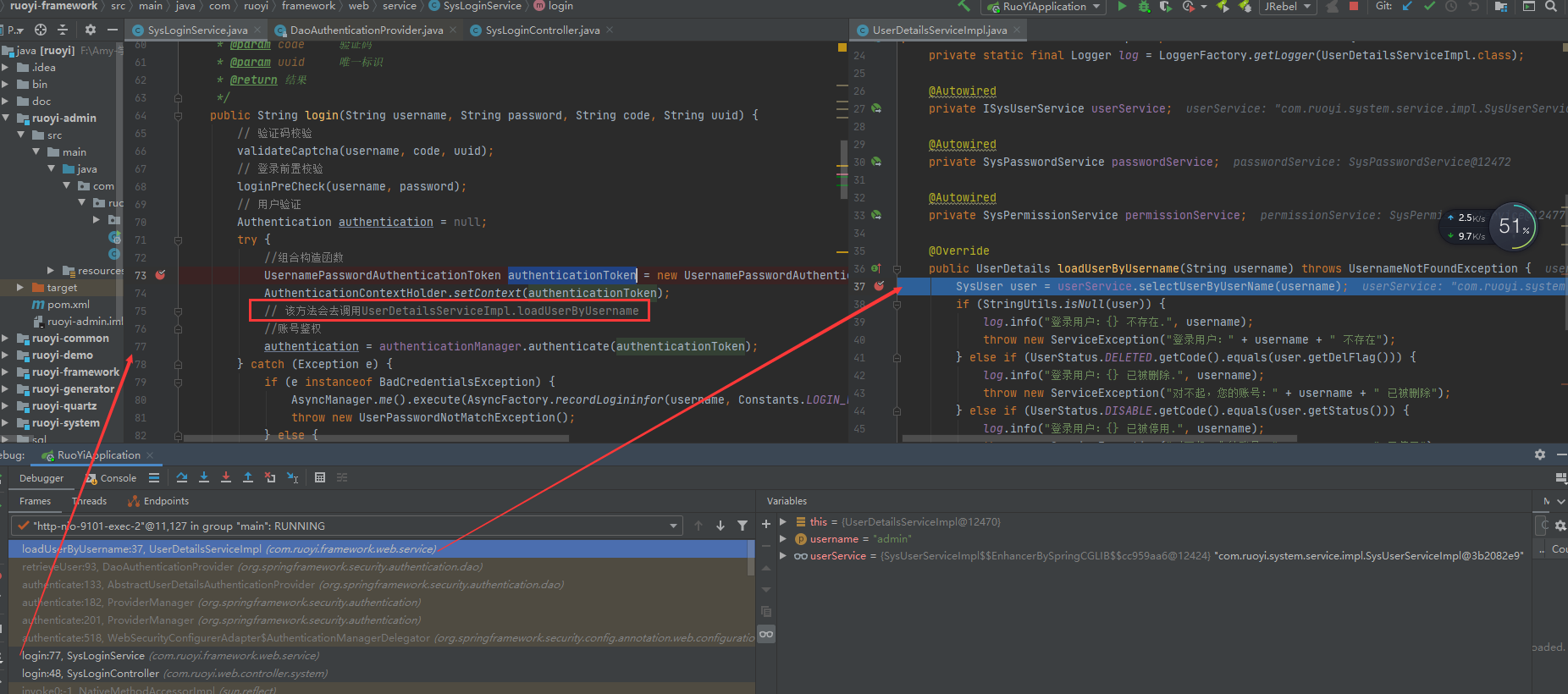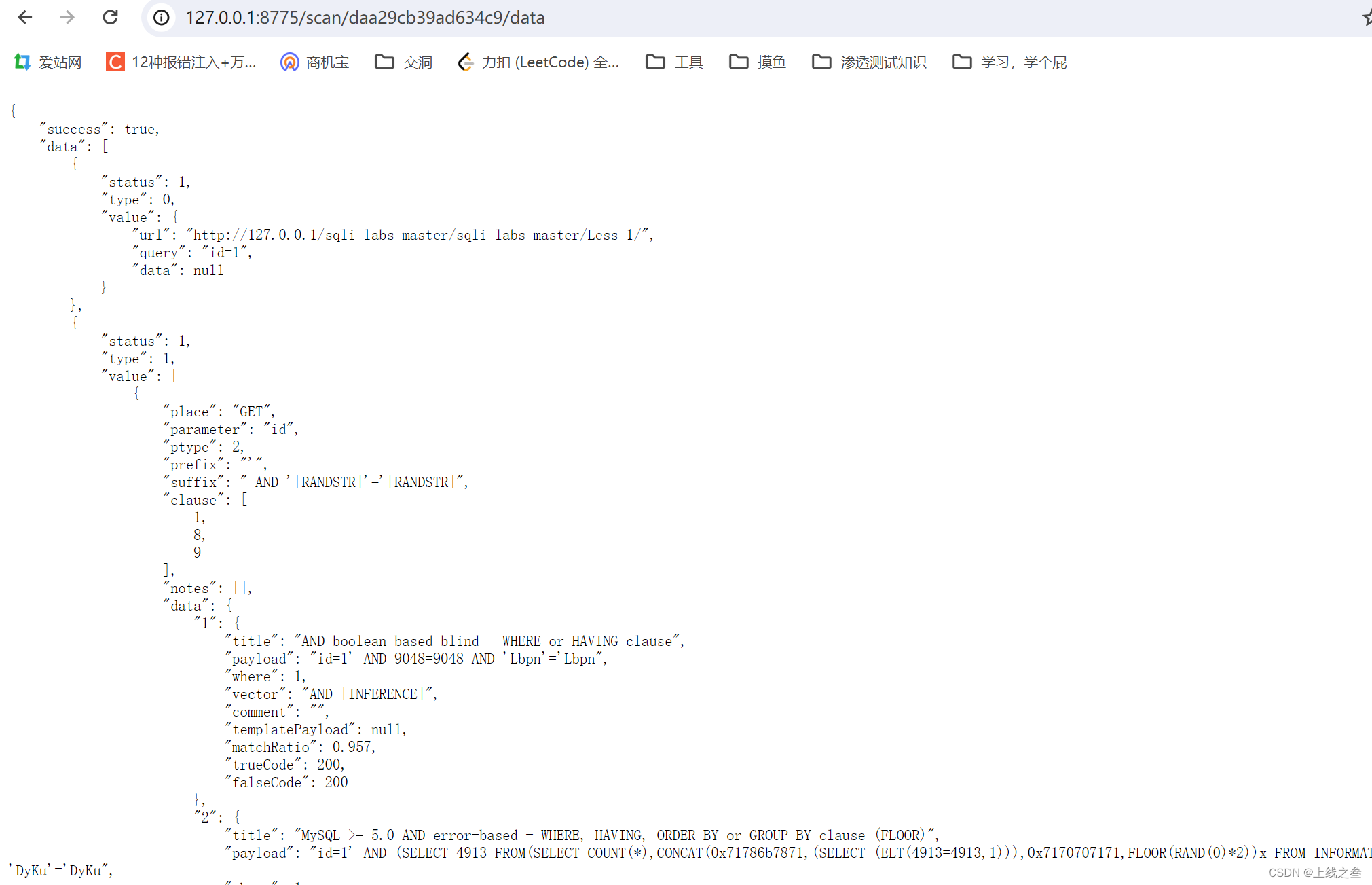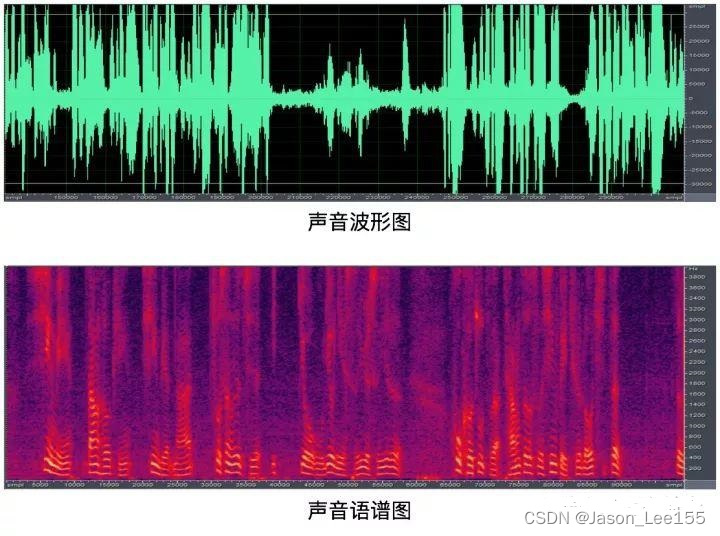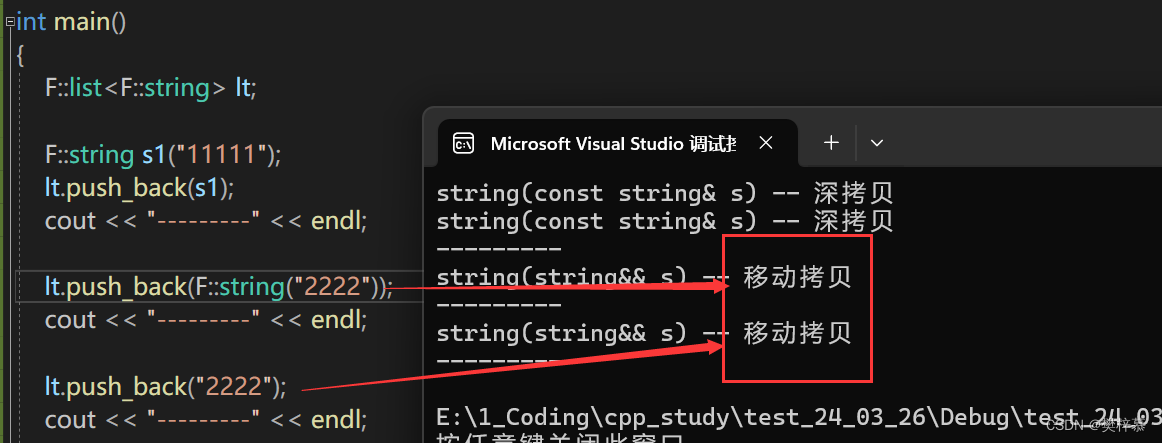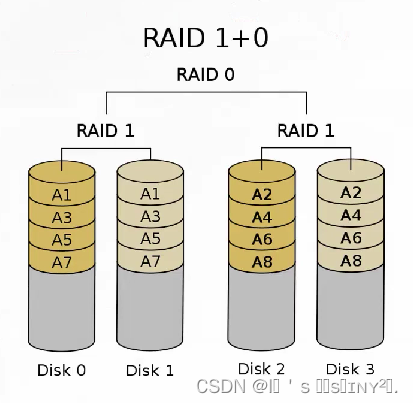文章目录
- 初始化string对象
- 读写string对象
- string的empty和size操作
- 不同string对象的比较
- string的加法
- 处理string对象的字符
- 遍历string中的每个字符
初始化string对象
//string的初始化
void test01()
{
string s1; // 默认初始化,s1是一个空字符串
string s2 = s1; // s2是s1副本
string s3 = "hiya"; // s3是"hiya"
string s4(10,'c'); // s4内容是cccccccccc
string s5;
cin >> s5;
cout << s5 << endl;
cin >> s1 >> s2;
cout << s1 << s2 << endl;
}
输出:
aa
aa
bb
cc
bbcc
- 默认初始化,s1是一个空字符串,该string对象没有任何字符
string s3 = "hiya"使用 = 初始化一个变量,实际上执行的是拷贝初始化,编译器把等号右边的拷贝到左边的对象中去
读写string对象
读取操作时,string会自动忽略开头的空白(即空格符、换行符、制表符等),然后从第一个真正字符开始读起,直到下一处空白为止。因此,如果输入是" Hello World ",那么输出将是”Hello“,不允许有空格
同时,也可以多个输入多个输出连写在一起
string s1,s2;
cin >> s1 >> s2;
cout << s1 << s2 << endl;
如果上述输入是" Hello World ",那么输出将是”HelloWorld “,也不允许有空格
string的empty和size操作
-
empty函数根据string对象是否为空返回一个对应的布尔值
-
size函数返回string对象的长度(即string对象中字符的个数)
void test03() { string line = "aaa"; // .size()得到的是无符号型,与-1比时,无符号转为非常大的有符号型 if(line.size() < -1) { cout << "warning" << endl; } }输出:
warning由于
line.size()会返回一个无符号整型数,所以在表达式line.size()<n,如果在表达式中混用了有符号和无符号数(如line.size() < -1),将会产生报错。因为-1是一个整型负数,在表达式中会自动转换成一个比较大的无符号值。
不同string对象的比较
判断大小的标准:
- string长度不同,则较短的string对象 < 较长的string对象
- string长度相同,则比较第一个不同符号的字符
void test04()
{
string s1 = "hello";
string s2 = "hallo";
if(s2 < s1)
{
string s3 = s1 +","+ s2 + "\n";
cout << s3 << endl;
}
}
输出:
hello,hallo
string的加法
string s1 = "hello", s2 = "world";
string s3 = s1 + s2; // s3内容是helloworld
因为标准库允许把字符‘a’、字符串”a“转换为string对象,因此‘a’、”b“也可以参与到string对象的加法运算中:
string s1 = "hello", s2 = "world";
string s3 = s1 +"," + s2 + '\n';
值得注意得是,如果string对象、‘a’、“b”在同一条语句中使用,必须要保证+号两侧至少有一个string对象.
✅正确:
string s4 = s1 + ",";
string s5 = s1 + "," + "world";
❌错误:
string s6 = "hello" + ",";
string s7 = "hello" + "," + s1;
- 其中,
string s5 = s1 + "," + "world"等价为string s5 = (s1 + ",") + "world",s1 + ","是一个新的string对象 - 而
string s7 = "hello" + "," + s1等价为string s7 = ("hello" + ",") + s1,而"hello" + ","不是string类型,不能相加
string、“aabb”相似,但不是同一个东西
处理string对象的字符
可以引用cctype库处理string中的字符
#include <iostream>
#include <string>
#include <cctype>
using namespace std;
void test05()
{
string s = "1d3g135";
for(int i = 0;i<s.size();i++)
{
//判断字符是不是字母
if(isalpha(s[i]))
{
cout << "isalpha" << endl;
}
}
}
int main() {
test05();
system("pause");
return 0;
}
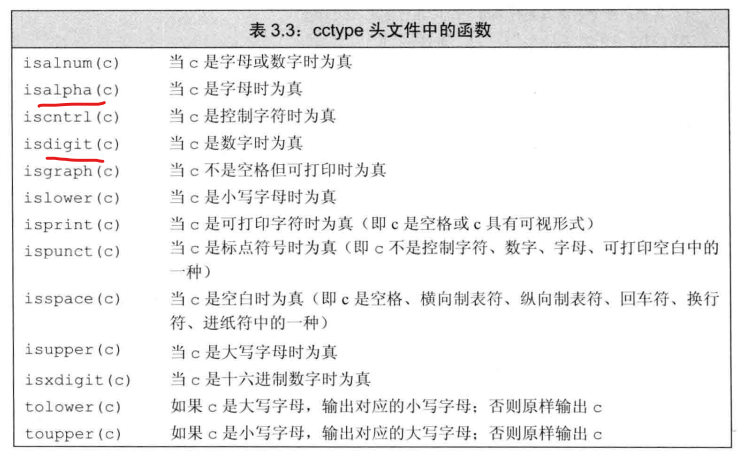
遍历string中的每个字符
最简单的就是使用for循环遍历:
for(int i = 0;i<s.size();i++)
{
cout << s[i] << endl;
}
也可以使用范围for语句,效果一样:
for(auto c : s)
{
cout << c <<endl; // c = s[i]
}



